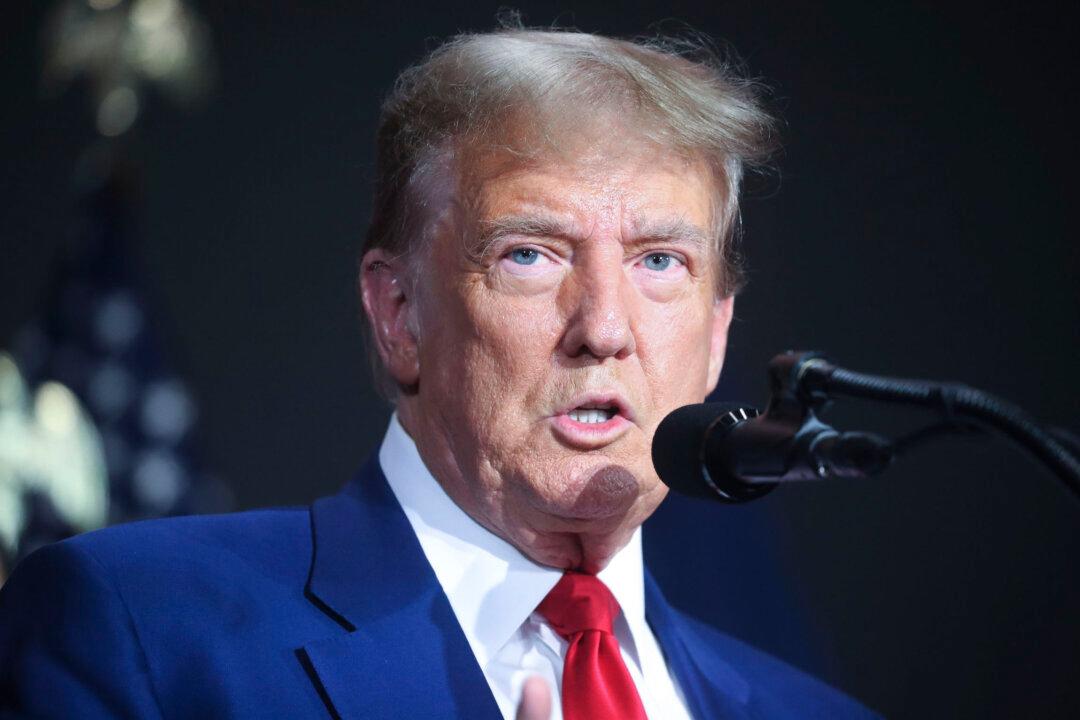Attorneys for former President Donald Trump and special counsel Jack Smith both submitted arguments to the court on the use of the Presidential Records Acts late April 2, responding to a deadline set by U.S. District Judge Aileen Cannon to file hypothetical jury instructions based on “competing” sets of facts, some of which the attorneys have argued against.
Mr. Smith is prosecuting President Trump on 40 counts related to mishandling classified documents, and last month Judge Cannon held a hearing regarding two motions to dismiss counts 1–32 based on the Presidential Records Act and for constitutional vagueness.





